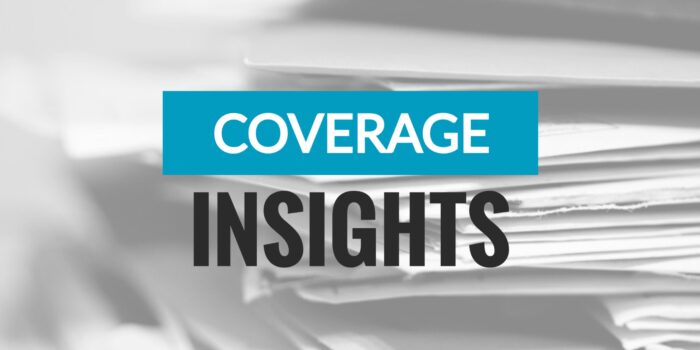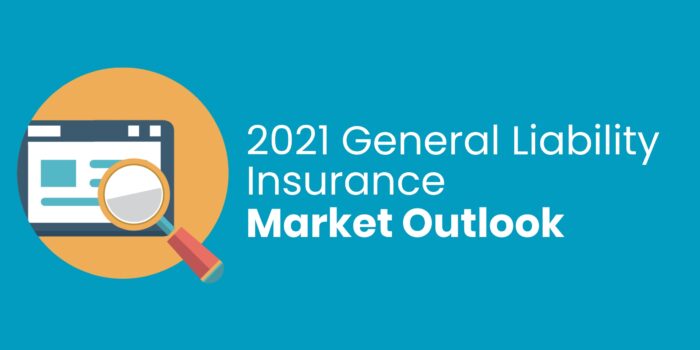29 Apr A Supervisor’s Role in Workers’ Compensation
[wpseo_breadcrumb]
They are responsible for handling the everyday situations that help a business remain functional. Further, supervisors are also an integral part of workplace safety programs. Such programs utilize risk management techniques to keep employees safe on the job, thus reducing workers’ compensation costs.


 Supervisors play an essential role in ensuring a company’s efficiency and success.
Supervisors play an essential role in ensuring a company’s efficiency and success. In recent years, the general liability market has consistently underperformed, resulting in heightened underwriting losses and subsequent rate increases.
In recent years, the general liability market has consistently underperformed, resulting in heightened underwriting losses and subsequent rate increases. The Federal Emergency Management Agency (FEMA)
The Federal Emergency Management Agency (FEMA)